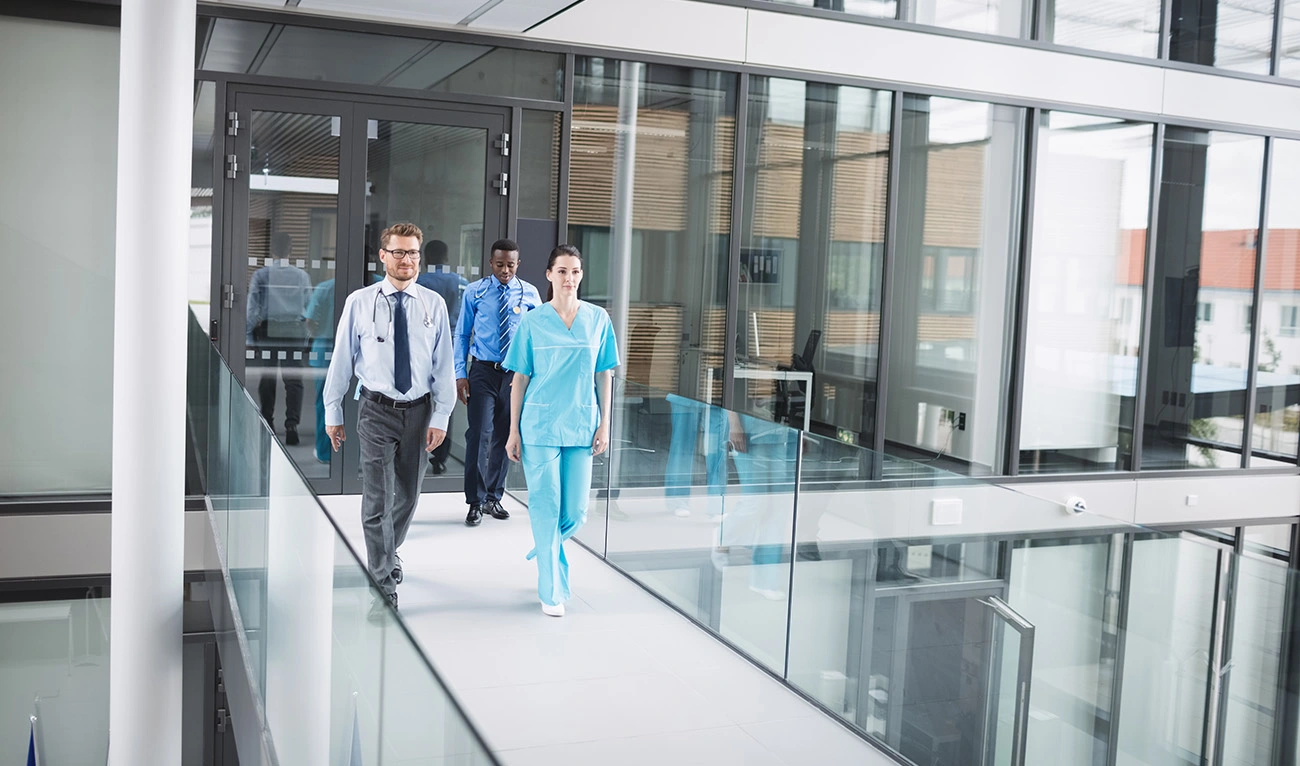The Era of Patient-Centric Care
Healthcare, as an industry, has been rapidly evolving over the past few decades. The rise of patient-centric care has fundamentally transformed the approach of hospitals and healthcare providers worldwide. At the heart of this transformation is patient experience training - a discipline dedicated to equipping healthcare professionals with the skills, attitudes, and behaviors that enhance patient care and satisfaction.
Integrating Emotional Intelligence in Patient Care
Emotional intelligence is an essential component of patient experience training. The ability to understand and manage one's own emotions and effectively respond to the emotions of others can significantly impact patient satisfaction and overall experience. Innovative training strategies now include modules designed to boost emotional intelligence among healthcare professionals, fostering empathy and compassion in patient interactions.
The Confluence of Technology and Patient Experience
The digital revolution has not spared the healthcare sector. Emerging technologies offer innovative and effective ways to train healthcare professionals, enhancing the patient experience. Virtual Reality (VR), for instance, is being increasingly used in patient experience training. VR can simulate various patient scenarios, providing healthcare professionals with a safe environment to practice and improve their skills.
Telemedicine, another technological advancement, has had a substantial impact on patient care. Training healthcare professionals to effectively use these digital tools is crucial in providing seamless and efficient patient care.
Adaptive Learning: A Personalized Approach to Training
Adaptive learning is an educational method that uses computer algorithms to orchestrate interaction with the learner and deliver personalized resources and learning activities to address the unique needs of each learner. In the context of patient experience training, adaptive learning systems can provide healthcare professionals with customized training programs that cater to their individual learning styles and pace, improving the effectiveness of training.
The Power of Proactive Health
Proactive health involves encouraging and helping patients to take charge of their own health. It focuses on preventing diseases before they occur, rather than simply treating them when they do. Patient experience training programs now include modules on proactive health, training healthcare professionals on how to educate patients and encourage them to take a proactive approach to their health.
Global Healthcare Accreditation: Your Partner in Innovation
Global Healthcare Accreditation plays a pivotal role in transforming the patient experience through innovative training strategies. Their programs are designed to equip hospitals and healthcare providers with the tools and knowledge they need to provide superior patient care.
By partnering with Global Healthcare Accreditation, hospitals can access a wealth of resources, insights, and expert guidance, helping them navigate the future of patient experience. The organization's comprehensive approach to patient experience training ensures that healthcare professionals are well-prepared to meet the demands of the evolving healthcare landscape.
To learn more about how Global Healthcare Accreditation can help you enhance your patient experience through innovative training strategies, visit www.globalhealthcareaccreditation.com. Explore their wide range of programs and start your journey towards a future where every patient interaction is an opportunity for excellence.








